Optimal Timing for Water Treatments
Water treatments are essential for maintaining water quality and ensuring safe, clean water supplies. The timing of treatments can influence their effectiveness, with seasonal and environmental factors playing a significant role. Proper scheduling helps optimize water quality, reduce maintenance costs, and prevent issues related to water quality fluctuations.
Spring is ideal for water treatments due to increased water flow and reduced stagnation, allowing for thorough system cleaning and disinfection.
Summer treatments help address higher temperatures that can promote bacterial growth and algae development in water systems.
Fall treatments prepare water systems for winter by removing sediments and preventing freezing-related damages.
Winter treatments focus on preventing pipe freezing, reducing ice formation, and maintaining water flow during cold months.
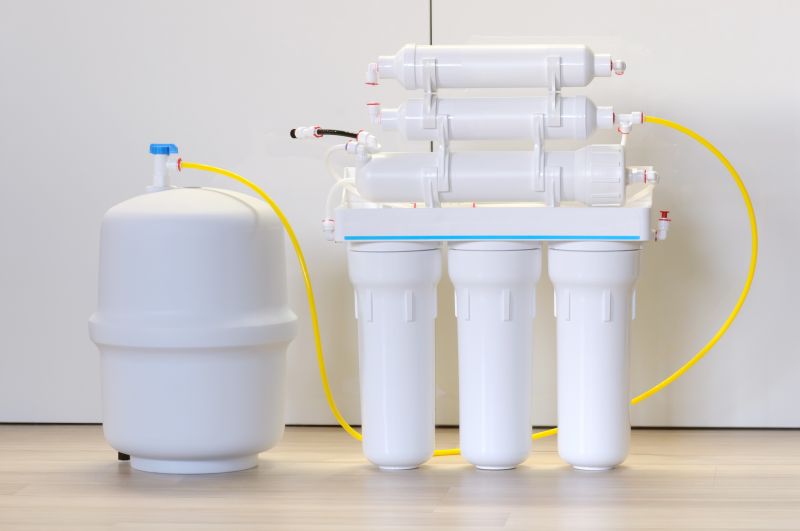
Advanced equipment used in water treatment processes ensures effective removal of contaminants.
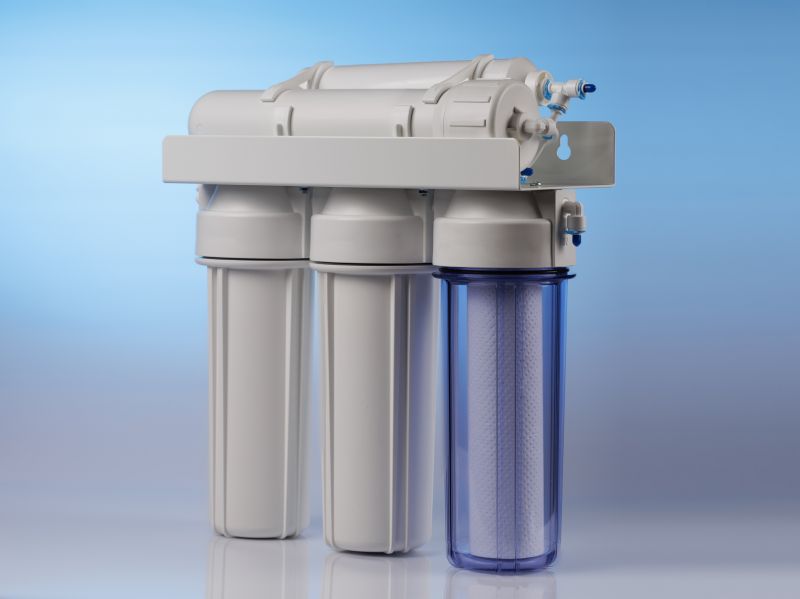
Various methods like filtration, chlorination, and UV treatment are employed based on seasonal needs.
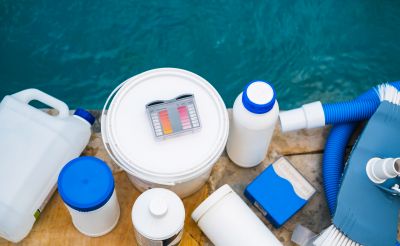
Regular testing and monitoring help determine the best timing for treatments and ensure water safety.
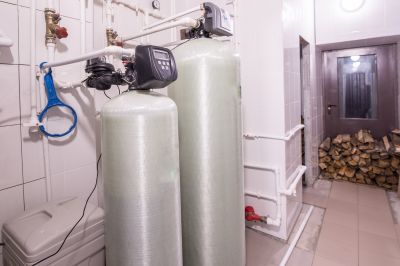
Ways to make Water Treatments work in tight or awkward layouts.
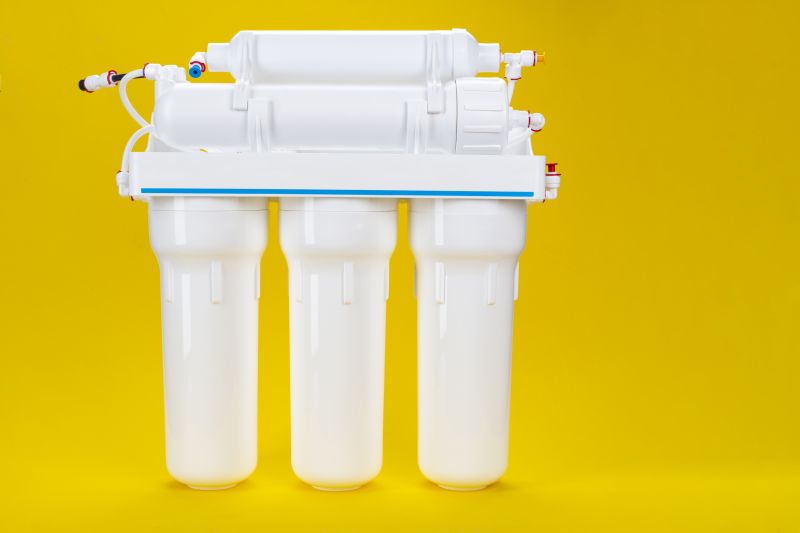
Popular materials for Water Treatments and why they hold up over time.
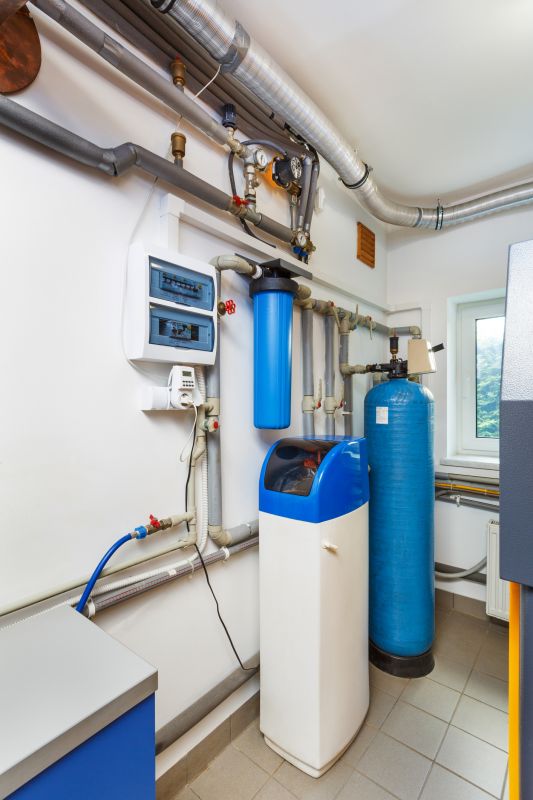
Simple add-ons that improve Water Treatments without blowing the budget.
| Season | Recommended Treatment Activities |
|---|---|
| Spring | System flushing, disinfection, sediment removal |
| Summer | Algae control, bacterial treatment, temperature management |
| Fall | Sediment clearing, system preparation for winter |
| Winter | Pipe insulation, anti-freeze treatments, flow maintenance |
| Pre-Season | System inspection, water quality testing |
Water treatments involve a combination of physical, chemical, and biological processes designed to improve water quality. Proper timing ensures these processes are most effective, preventing issues such as bacterial growth, sediment buildup, and system corrosion. Regularly scheduled treatments can extend the lifespan of water systems and improve the safety of water supplies.
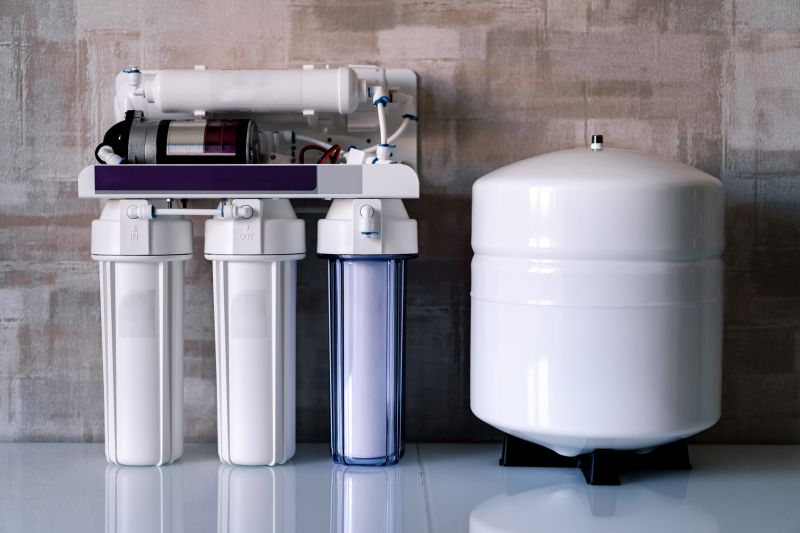
A modern water treatment plant equipped with advanced filtration and disinfection systems.
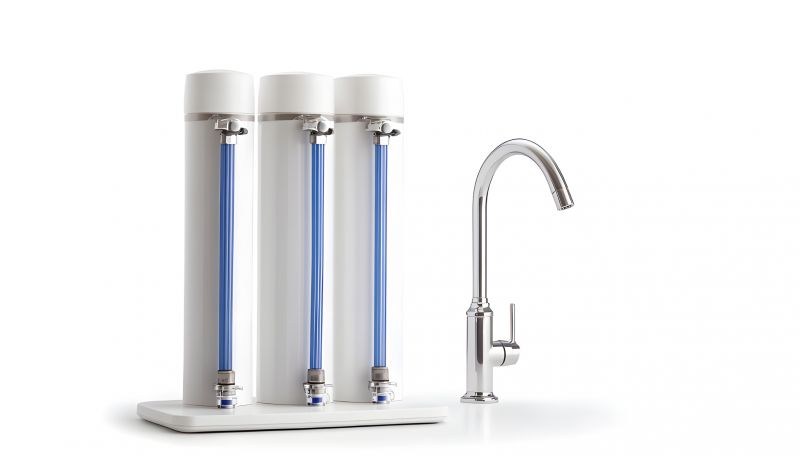
Chemical dosing systems used to control pH and eliminate pathogens.
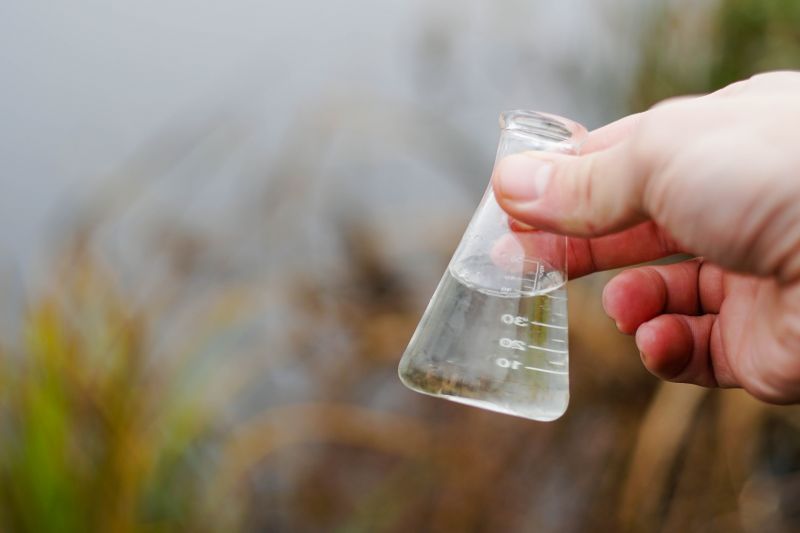
Tools for regular testing and monitoring of water quality parameters.
Timing water treatments appropriately can significantly enhance water system performance and safety. Consulting with water treatment professionals ensures treatments are scheduled to match seasonal demands and environmental conditions, leading to better water quality management.
Interested in scheduling water treatments? Fill out the contact form to receive expert assistance tailored to specific needs.

